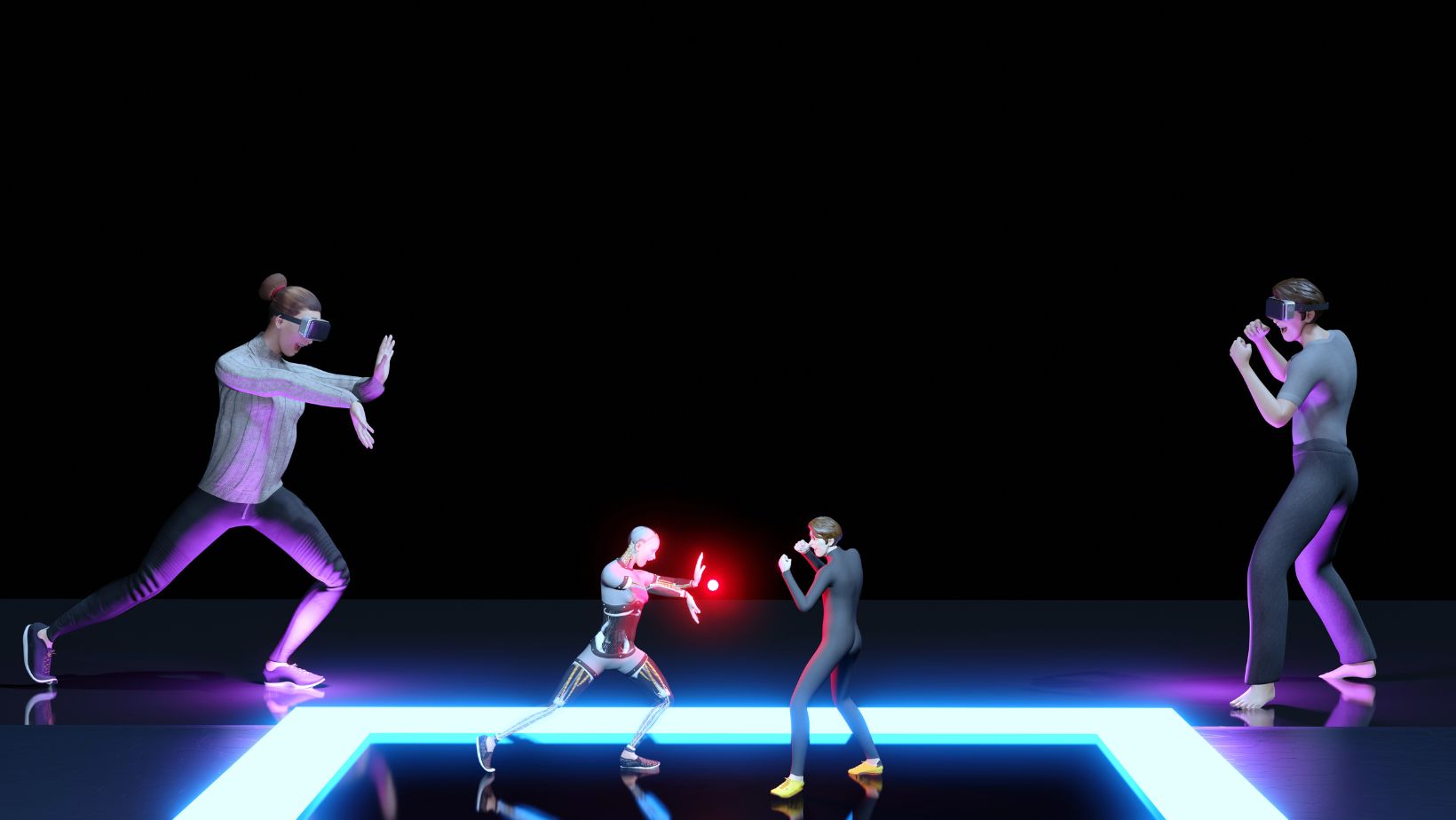
The gaming industry has always been one of the most innovative industries in terms of technology. From blocky visuals to 3D graphics to full-on VR and beyond, gaming is not a stagnant medium.
Now, Artificial intelligence is on the verge of delivering yet another revolution, shifting the ways in which games are created, performed, and perceived.
Without further ado, let us explore how AI is already transforming the industry and what may be expected in the future of this outstanding field.
Game Development
AI frees up developers from doing things that are mundane and more of the interesting things.
Procedural content generation, for example, enables the generation of a near-boundless and diverse game world.
It can create landscapes, levels, and even quests without developers having to input everything themselves.
Improved NPC Behavior
NPCs have existed since the dawn of video games, but AI tools are making them more intelligent and realistic.
Sophisticated systems can design NPCs that can develop AI and change based on the actions of the player.
This also implies that players interact more lively and excitingly with NPCs, as they are capable of providing a more realistic and random response to players’ actions and words.
Gameplay Aspect
Personalized Gaming
AI is also being applied to adapt the games played to the preferences of the player.
AI can increase or decrease the level of difficulty by perceiving player actions and reactions, suggest what the player might like, and even change the content in accordance with the player’s choices.

This level of customization leads to high levels of satisfaction among the players.
AI and Player Interaction
AI-driven voice and gesture recognition technology is making games more interactive.
Players can use voice commands or gestures to control characters and interact with the world, providing a more immersive experience and making it more accessible to people with disabilities.
One of the most exciting applications is live adaptation.
It can read a player’s emotions and reactions during gameplay and adjust the difficulty or storyline to match their emotional state, creating a more engaging experience.
Faster Game Testing
It is necessary to note that game testing is a critical stage in the development process, checking for bugs and glitches in the game.
Automated testing tools that are based on artificial intelligence are capable of testing them much quicker than actual human testers, identifying problems, and even offering solutions.
AI and Forex Trading
AI’s reach isn’t limited to gaming; it has big implications for other fields, including financial trading. With the right techniques, there is a great opportunity to profit now.
If you want to learn about Forex, Justmarkets provides great articles and information as well as top essential Forex trading techniques.
AI is changing forex trading by analyzing market data, predicting trends, and executing trades with precision, so you need to gain knowledge on this topic, too.
Esports Competing
Match Analysis
Esports has grown crazy fast in the last few years. AI is now being used to analyze games and give players and teams strategic insights.

By studying Footage and player data, AI can find things that human analysts miss.
Training Simulations
AI training simulations are becoming a key tool for esports teams. These simulations can mimic the playstyle of top players, so players can practice against AI that plays like their upcoming opponents.
Mobile Gaming
Adaptive Difficulty
This field is growing rapidly, with millions of players worldwide playing on their phones. AI is improving it by introducing adaptive difficulty.
Games can now adjust their difficulty in real time based on a player’s skill level, so the experience stays challenging but fun. Keeps players engaged longer and reduces frustration.
Personalized Game Recommendations
AI algorithms are also being used to recommend new games to players based on their play habits and preferences.
By analyzing data from millions of users, AI can suggest titles the player will like so they can find new favorites and spend more time in the ecosystem.
AI in Gaming Future
Storytelling is at the heart of many games, and AI is improving this by creating more complex and branching narratives.
AI algorithms can generate unique storylines based on player choices, so no two playthroughs are the same.
Virtual reality (VR) is another area where AI is making big progress. It can make VR better by creating more realistic and responsive virtual environments.
Conclusion
AI is definitely changing the face of gaming. From game development to gameplay to personalized and interactive experiences, AI is driving innovation across the board.
As technology advances, we’ll see even more cool stuff that will blur the lines between virtual and real and make gaming even more awesome.






